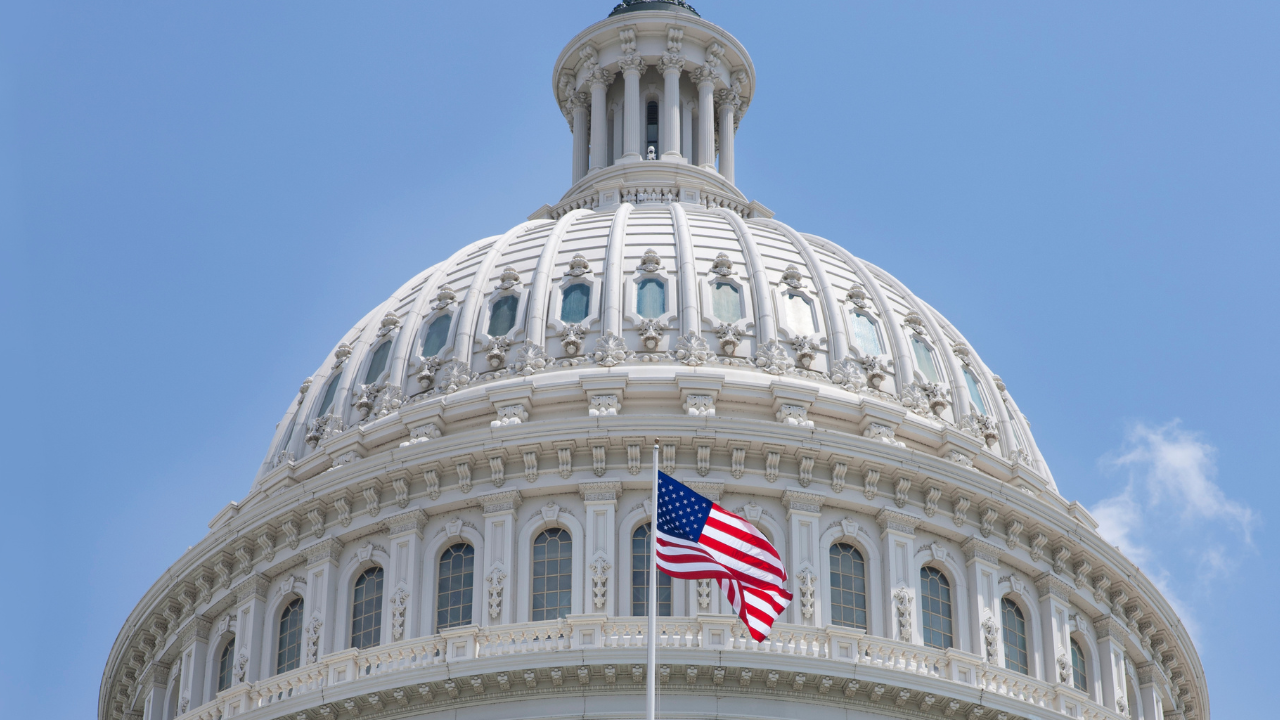Capitol Correspondence - 06.20.23
Clash Over Budget Interpretation Intensifies as House and Senate Navigate FY24 Funding

Share this page
Stay Informed on the Latest Research & Analysis from ANCOR
More News
Press Release - 04.11.25
ANCOR Issues Statement in Wake of Idaho Tragedy Leaving Young Man with Autism in Critical Condition
Capitol Correspondence - 04.01.25
HHS Announces Sweeping Reorganization, Impacting Key Health Agencies and Services for People with Disabilities



